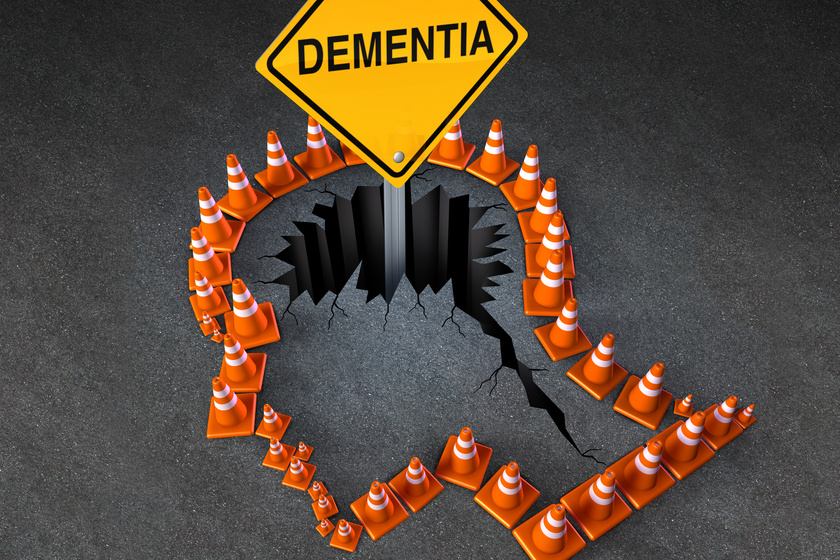Do you know someone who has dementia? If you do, you need to understand the stages of dementia. After all, only by knowing more about dementia can you understand them better and make their life better. While there are several types of scales for rating dementia, we will be focusing on the Global Deterioration Scale because it is the most commonly used one. Hence, read on to understand the stages of dementia.
Stage 1: Absence of Cognitive Decline
The very first stage in the Global Deterioration Scale (which is also sometimes known as the Reisberg Scale) is the no cognitive decline stage. In this stage, one would have normal functions and do not suffer from any memory loss. Essentially, this stage is for those with no dementia.
Stage 2: Vey Mild
In the next stage of very mild cognitive decline, one might start to forget names and misplace familiar objects. However, the symptoms are not strong enough to be detected by doctors or loved ones. Hence, those in stage 2 will still be diagnosed with no dementia.
Stage 3: Mild
Next, we have stage 3 of mild cognitive decline. Typically, this stage lasts between 2 to 7 years. And those in the stage will start to experience more noticeable symptoms, but will still be diagnosed as having no dementia. The symptoms include increased forgetfulness, getting lost more frequently, difficulty in finding the right words, slight difficulty focusing and decreased performance at work.
Stage 4: Moderate
Stage 4 is where people will be diagnosed as having early-stage dementia, and the average duration of this stage is 2 years. In this stage, people may still be able to operate. They will, however, have memory problems that will influence their everyday lives, such as forgetting words or where items are. This stage is characterized by the following symptoms: difficulty focusing, inability to manage finances, personality changes (where they become more withdrawn), and forgetting recent events.
Stage 5: Moderately Severe
Those in stage 5 will require greater support in their daily lives, as they find it increasingly more difficult to conduct routine daily activities and self-care. Typically this stage lasts about 1.5 years, and some of the symptoms include having major memory deficiencies, forgetting details like where they live or their phone number, needing help with ADLs (bathing, dressing, etc), and not knowing the time, date, or location.
Stage 6: Middle Dementia
Stage 6 is where dementia progresses further, and people will experience greater mental deterioration and diminishing physical ability. The average duration of stage 5 is 2.5 years and some symptoms include forgetting the names of family members, forgetting both recent and major events of the past, and difficulty in speaking.
Stage 7: Late Dementia
Those in the last stage of dementia with very severe cognitive decline will require professional assistance with almost every activity or task. Not only will they completely lose their ability to communicate, but they will be unable to walk too. In addition, they will lose their motor skills. Typically this stage lasts for 1.5 to 2.5 years.







